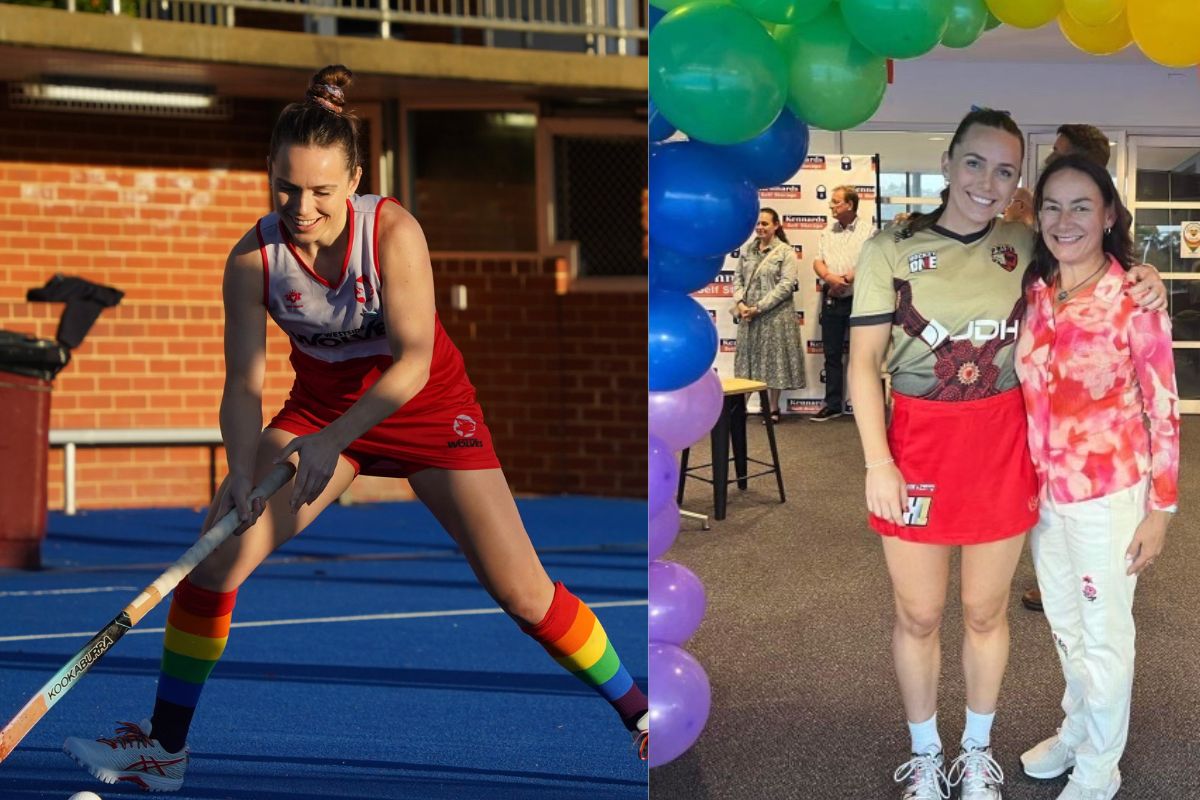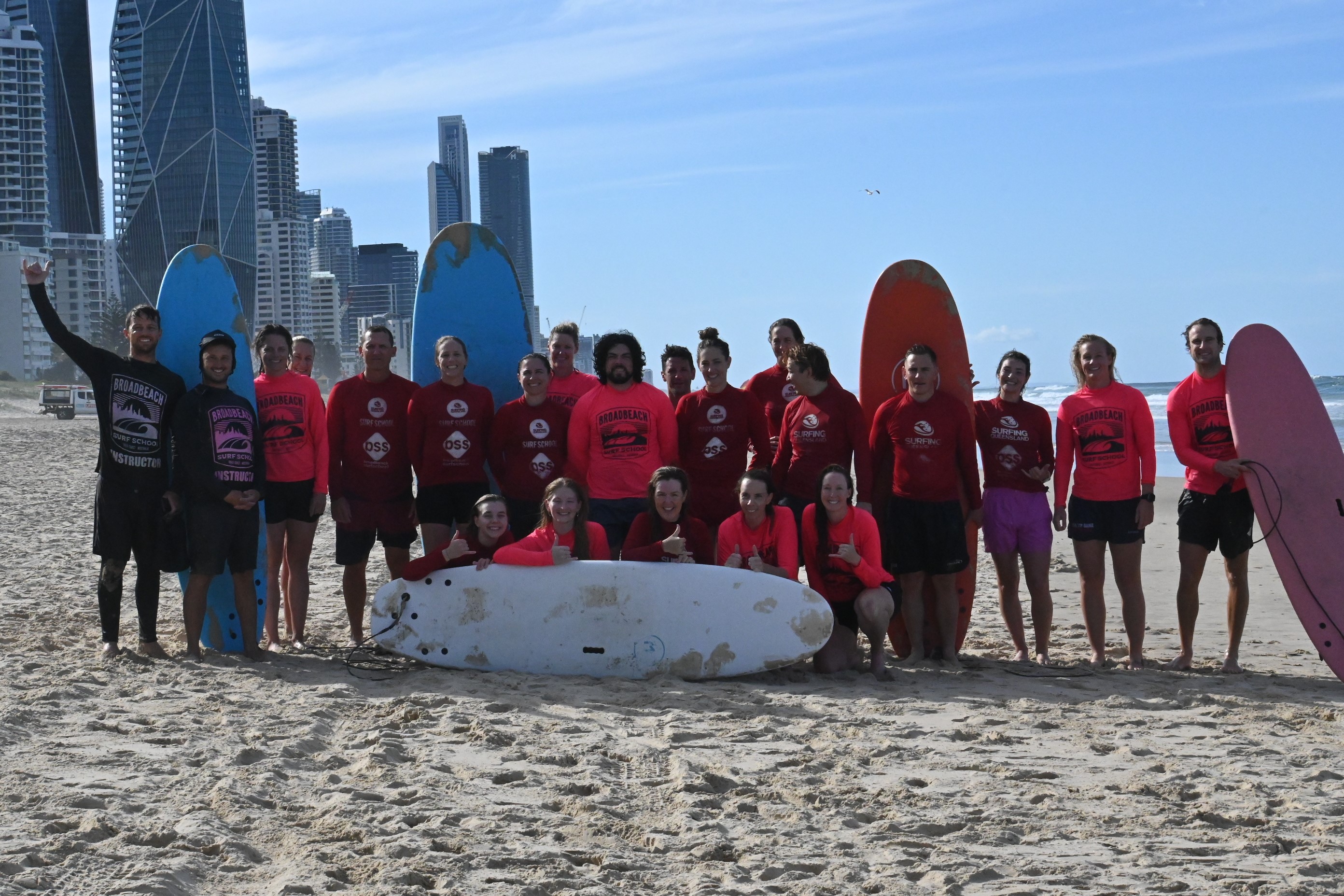The Royal Australian College of General Practitioners (RACGP) is urging women to get back on track with health checks and, in particular, ask their GP about self-collection for cervical cancer screening.
It comes after the 2022 Jean Hailes National Women’s Health Survey found many women had missed appointments due to the pandemic, and one in five said they missed a GP health check.
The self-collection option for cervical cancer screening was expanded from 1st July to all people with a cervix who are eligible for cervical screening.
And a newsGP poll has shed light on the uptake so far – just 8% said the majority of eligible patients had made use of expanded access to self-collection, while most respondents, 67%, said none of their patients had made use of it.
RACGP President Adj. Professor Karen Price urged women to get back on track with health checks.
“Jean Hailes for Women’s Health’s survey shows women have continued to put health checks on the back burner during the pandemic,” she said.
“This is very concerning because it leads to delayed diagnosis and worsening illness. And GPs across Australia are seeing this, indeed our entire health system is grappling to deal with the backlog of care from people putting off appointments and screening due to COVID-19.
“It’s critical that we get screening back on track in Australia. And this includes everything from breast screens to heart health, mental health assessments and osteoporosis prevention, as well as supporting the updated self-collection process for cervical cancer screening in our practices.
“We know women tend to put the health and wellbeing of their loved ones before their own, and the pandemic has had a disproportionate impact on women, particularly when it comes to unpaid work, caring for kids and vulnerable relatives.
“Jean Hailes Women’s Health Week is an opportunity to encourage women to put their health first. I urge anyone who has delayed screening to get back on track, call your GP clinic and get an appointment in your calendar when you can. I can’t stress the importance of preventive care, and taking care of your mental health enough – your GP is here to support you.
“And frankly, we also need Australia’s leaders to put women’s health first, and invest in the ongoing, preventative care provided by general practice. Jean Hailes’ survey found 44% of all women said they could not afford to see a doctor or health professional, and it’s even worse for women from non-English speaking backgrounds, with 70% saying they could not afford care.
“The government needs to address this problem urgently, because everyone in Australia should be able to access high-quality care, no matter their postcode or income or gender.”
Cervical self-collection screening lagging due to lack of awareness
RACGP spokesperson and member of the National Cervical Screening Program Self-Collection Implementation Committee Dr Lara Roeske said the expansion of self-collection was a gamechanger, but barriers are limiting uptake.
“It is great to see some patients are making use of expanded access to self-collection, but we really want to see many more people taking it up – just 8% of those surveyed in the newsGP poll said the majority of their eligible patients had used it,” she said.
“We need to address the barriers limiting uptake, because the self-collection option is now available to everyone who needs cervical cancer screening, so we should see more widespread use of it.
“Self-collection is about saving lives. Cervical cancer is the 14th most common cancer in Australia, but the statistics show just around 62% of eligible people participate in screening. And 72% of those diagnosed with invasive cervical cancer are under-screened or never screened.
“There are many reasons why people avoided the traditional screening, which involved a doctor collecting the sample from a patient. We know many found it embarrassing and uncomfortable, and certain groups in particular are under-screened, including people who have experienced sexual violence and trauma, LGBTQI+ people, people from culturally and linguistically diverse communities, Aboriginal and Torres Strait Islander people, and people living with disability.
“Self-collection addresses many of the barriers to traditional screening, allowing people control and dignity – it is a real gamechanger in our fight against cervical cancer by increasing equitable access to screening for eligible Australians.
“However, self-collection is being held back by the lack of public awareness that this option is now available to everyone who needs cervical cancer screening. There hasn’t been a big public-facing campaign to encourage people to see their GP and ask about self-collection, and we sorely need this.
“We also need to raise awareness that the self-collection test is just as accurate a test as the traditional clinical collected sample.
“And we also need to significantly boost laboratory capacity to process these tests across Australia. Because there continues to be limited laboratory capacity and support for general practice – currently only 10 laboratories in Australia are accredited to accurately process self-collected samples.
“Self-collection is a great step forward for medicine, women and people with a cervix. If we can raise public awareness and ensure support for general practice to boost uptake, it can, and will save lives.
“GPs have a crucial role in determining together with their patient when self-collection is a good choice for them and then supporting them to take the test, and I urge patients who are eligible to talk to their GP about it.”
The self-collection option is available under the National Cervical Screening Program to all people with a cervix who are aged between 25–74 and who have ever been sexually active, and at any time during pregnancy.
The RACGP is a partner of Jean Hailes for Women’s Health Week, which is held annually in September and is the biggest week in Australia focusing on good health for all women and girls.
The Jean Hailes 2022 National Women’s Health Survey was conducted in March-May 2022, attracting over 14,000 respondents, and for the first time was translated into simplified Chinese, Arabic and Vietnamese. This year’s survey focused on the pandemic, providing the most up-to-date snapshot of how Australian women are faring in a ‘COVID-19 normal’ environment.
“I’m saddened by the results which show how hard it has been for women, financially, physically and mentally over the past two years,” says Ms Michelmore AO, CEO Jean Hailes for Women’s Health. “By working closely with partner organisations such as the RACGP we aim to identify the needs in women’s health, and then act upon them to create healthier futures for all women, girls, and gender-diverse people.”
The RACGP’s comprehensive list of advocacy priorities including greater investment in GP care for patients can be found here.








